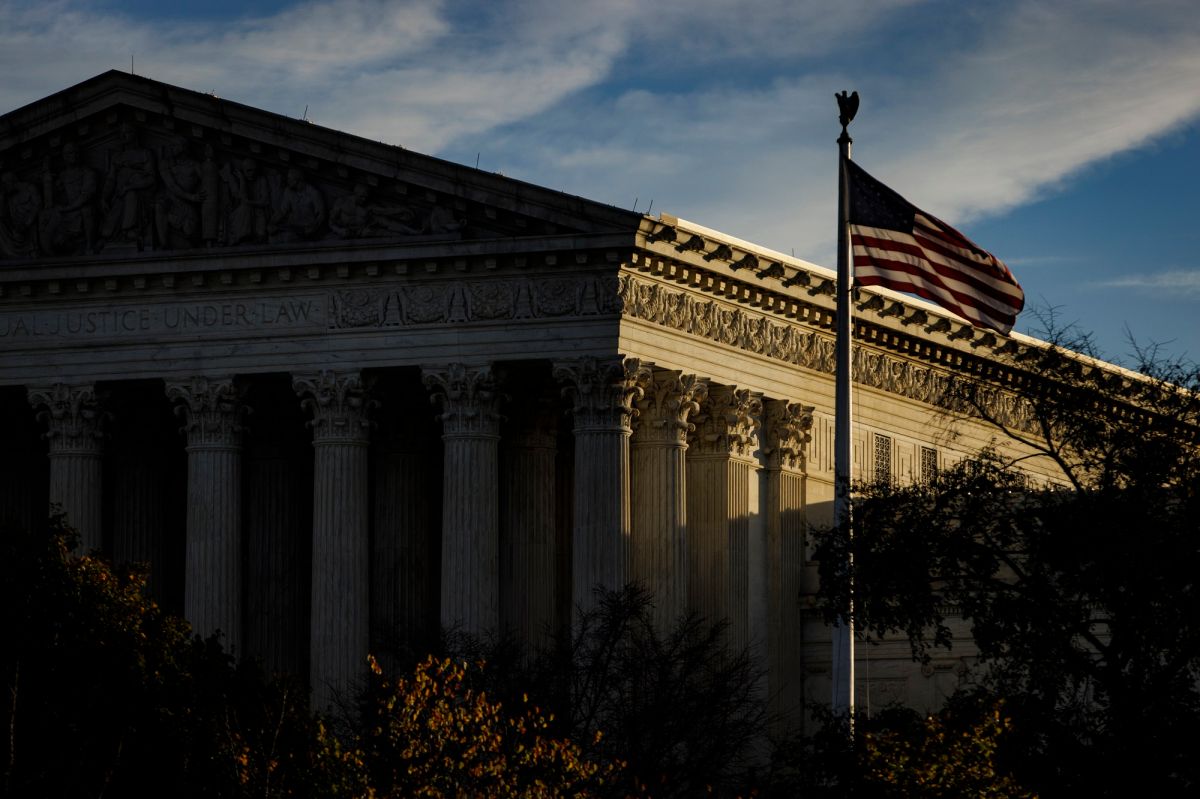Republicans suffered a new legal defeat on immigration issues, after the Supreme Court refused to accept an appeal on former President Donald Trump’s public charge rule that punished immigrants who apply for welfare.
A group of more than 10 federal prosecutors from states governed by Republicans had this new decision a second defeat on the same issue, after the judges decided against them in June 2022.
On this occasion, the judges focused on the process of the new public charge rule of the Government of President Joe Biden, which followed the appropriate administrative processes and, after which, it began to operate on December 23, 2023.
Republicans wanted the High Court to reinstate Trump’s controversial rule, which virtually barred any immigrant from applying for a Green Card if they had obtained statutory benefits such as food stamps, emergency health insurance or temporary housing assistance.
Biden’s new rule maintains a certain punishment for immigrants, but not for requesting any social assistance, but those with direct economic benefits and that are constantly requested, that is, immigrants end up relying on the State all the time to live.
Although the current public charge rule is less harsh for low-income immigrants, it maintains important levels of evaluation on admissibility, such as the fact that a non-citizen must demonstrate that they will be able to support themselves without constant recourse to social supports.
What is the public charge rule?
The Office of Citizenship and Immigration Services (USCIS) must implement the law regarding public charge, which is why it evaluates immigrant cases considering the following aspects:
Personal situation.- Applicant’s age, health and family status.
Finances.- Immigration officials will review the assets, resources and financial status, education and skills of the immigrant.
Sponsor.- It is considered relevant if the Green Card request is accompanied by a sufficient Affidavit of Financial Support under Section 213A of the INA (when required).
Social support.- The officials will review whether the immigrant received or receives assistance for Supplemental Security Income (SSI); cash assistance for income maintenance under Temporary Assistance for Needy Families (TANF); state, tribal, territorial or local income maintenance cash benefit programs (often called “General Assistance”).
